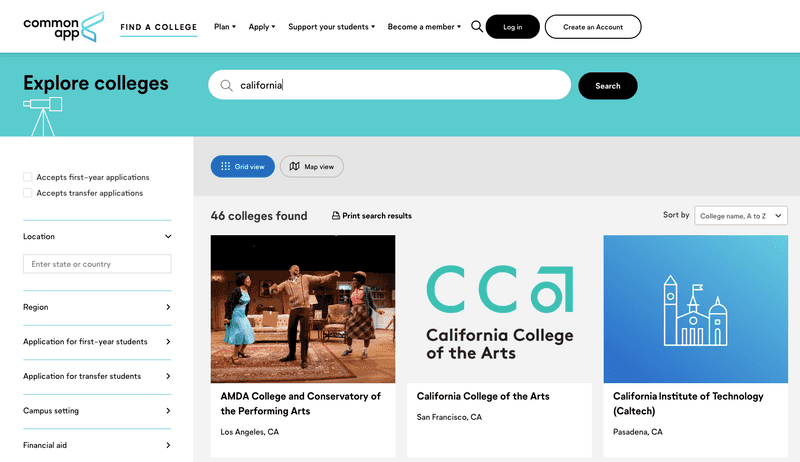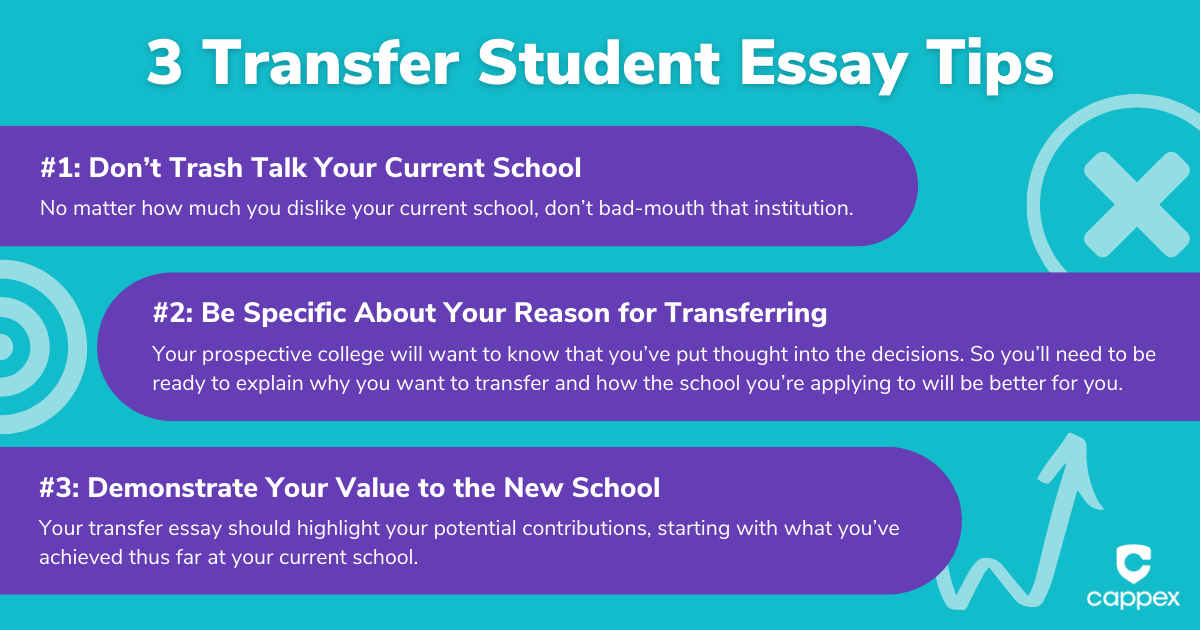Here is one thing to consider that will help you find the right college for you.
Finding the Right College for You: College Search Tip #1 (804)
Before you can get into a top college or any college, for that matter, you have to decide where you want to apply. Deciding where to go to college is not easy. Finding the right college for you can be the biggest decision that you and your parents make together.
There are some important factors for you and your parents to consider when doing a college search. Where you apply influences where you get in, and where you go to college can have a big impact on your career and future in general. I have come up with a list of THE most important things to consider when doing your college search. Here is one factor to consider. There are more secrets in my book, The Keys to the CASTLE.
1) Available Majors
I tend to think that you would benefit greatly, if you keep an open mind when you think about what you may want to select as a major. I ended up majoring in a department that I NEVER thought I would have selected. To be honest, I didn’t even truly get my mind around what I was truly learning until my senior year (What can I say? I’m slow.). I avoided my concentration (minor) as a fresh person because I thought it was too risky. However, I see today that I made the right decision.
I selected my major because it was one of the strongest departments on campus. (In fact, Yale’s American Studies department was ranked #1 in the nation when I was an undergrad.) My course work in American Studies has greatly influenced my knack for marketing by developing my “gut” or sense of potential trends and popular human behavior. To be honest, the fact that I liked the lecturers and my fellow students in my American Studies classes greatly influenced my decision. It may sound weird or silly; however, you spend a lot of time around your classmates in your major, so you might as well like them. You will see later on in life that the people you work with take up a lot of your time and energy, so you might as well respect them. I was fortunate to realize this at age 19 when I had to declare.
My concentration was Film Studies and I ended up going to USC School of Cinema-Television (now Cinematic Arts) for grad school, along with a lot of other Ivy League grads. And despite my initial fears, I have managed to survive as a “struggling artist” and now am a member of the Producer’s Guild. I share all this with you to let you know, that it is important to go with your gut and select a major that you are willing to work hard in, learn, and weather the storms of the careers associated with it. My best advice is to attend an undergraduate college or university that has a strong undergraduate program in general, as in a school that has a good reputation in general for a number of departments (hopefully all); that way whatever you decide, you will be okay.
SOME QUESTIONS TO ASK:
A. What departments are strongest on campus? Is this college well-known for one major in particular or solid overall?
B. I am not sure what I want to be my major, does the college encourage or facilitate experimentation?
C. What do you have to do to graduate? (senior project, senior thesis, just units, etc.)
D. I am considering this major, how do students go about petitioning to be in a major?
E. By the time I am a junior, what will the typical class size be in my major? Will I be in a small seminar with a faculty member?
F. What are some of the more popular majors on campus and why?
As you may know, conducting a college search is only the first step in the college admissions process. If you want to increase the odds of getting into a top college or your child getting into an Ivy League college, then The Keys to the CASTLE (College Admissions Secrets & Tips to Look Exceptional to admission officers) book will help you. Reading The Keys to the CASTLE book will increase the odds of you getting accepted to your dream college.
Until then, do your homework. Do not be afraid to ask everyone and anyone you know (alumni, Admissions Office Reps, students in college now who attended your high school, siblings of students who are in college now whom you know from your high school or extra-curricular activities, etc.) who might know what you don’t. Also, ask the colleges for brochures, read available books, and check out different websites. And, when it comes right down to it, trust your gut.




